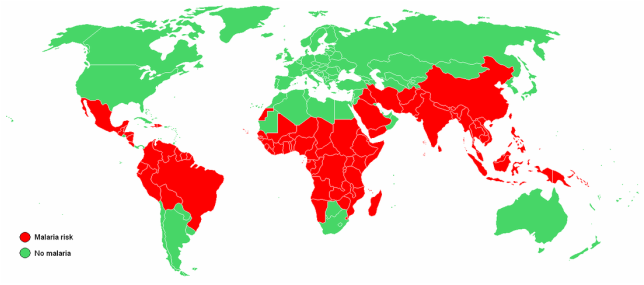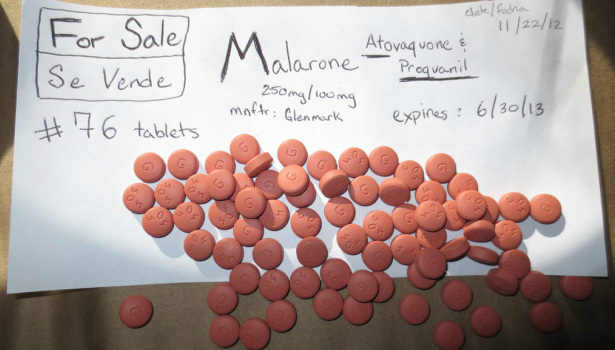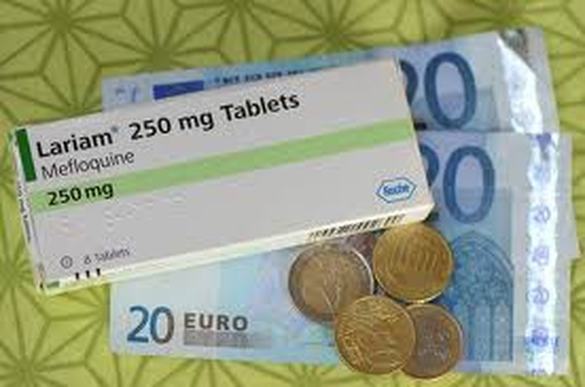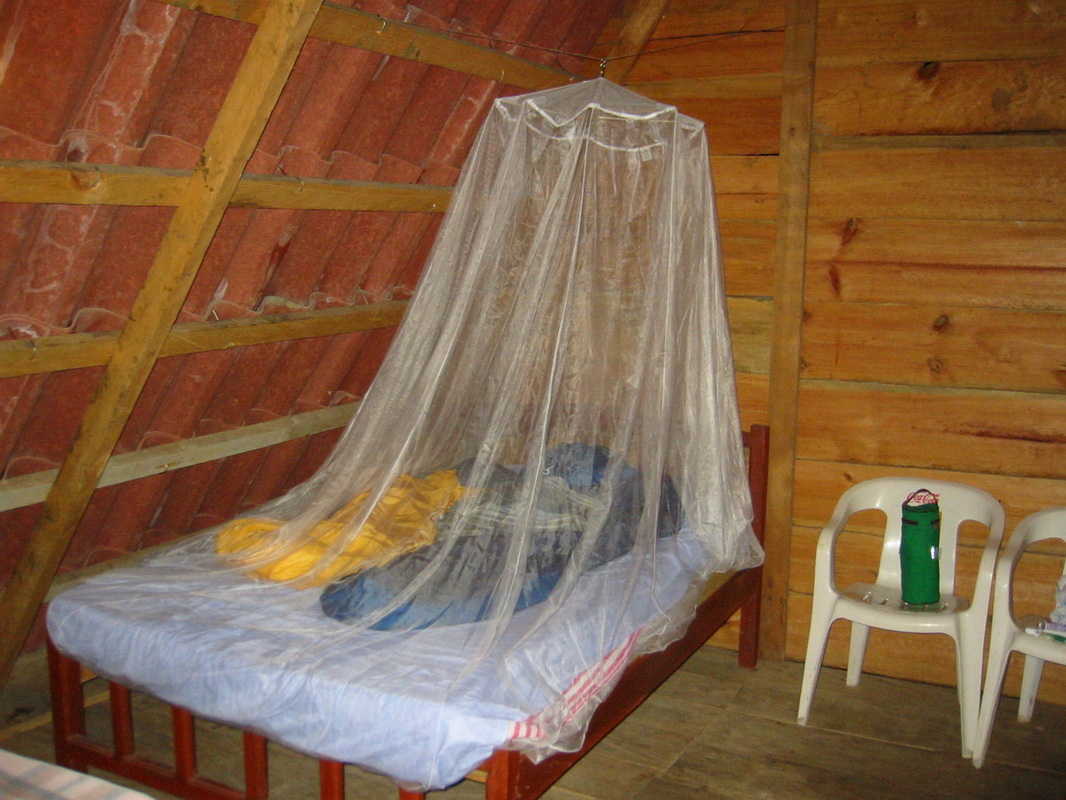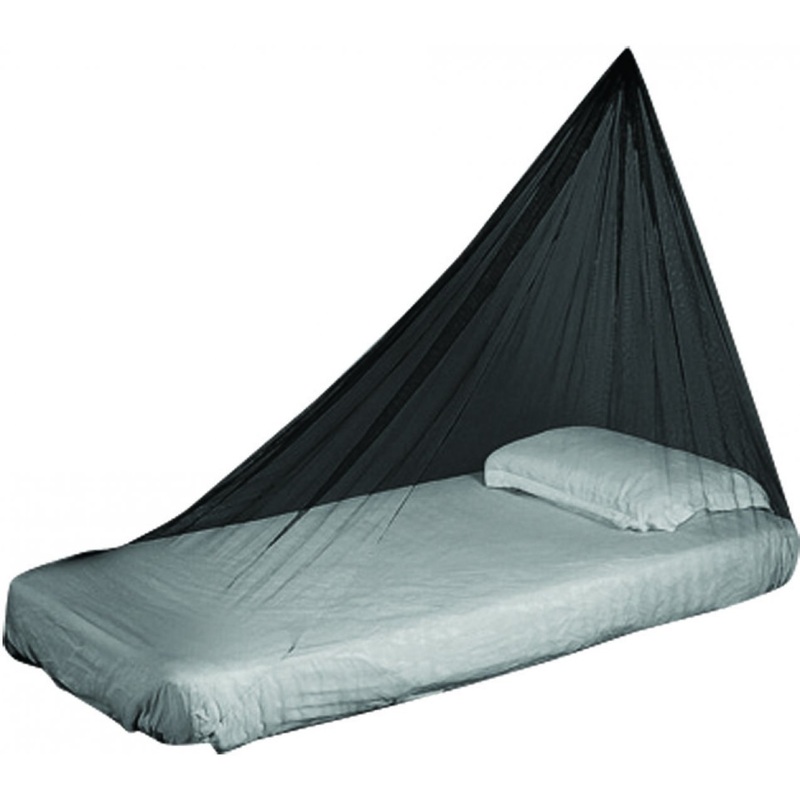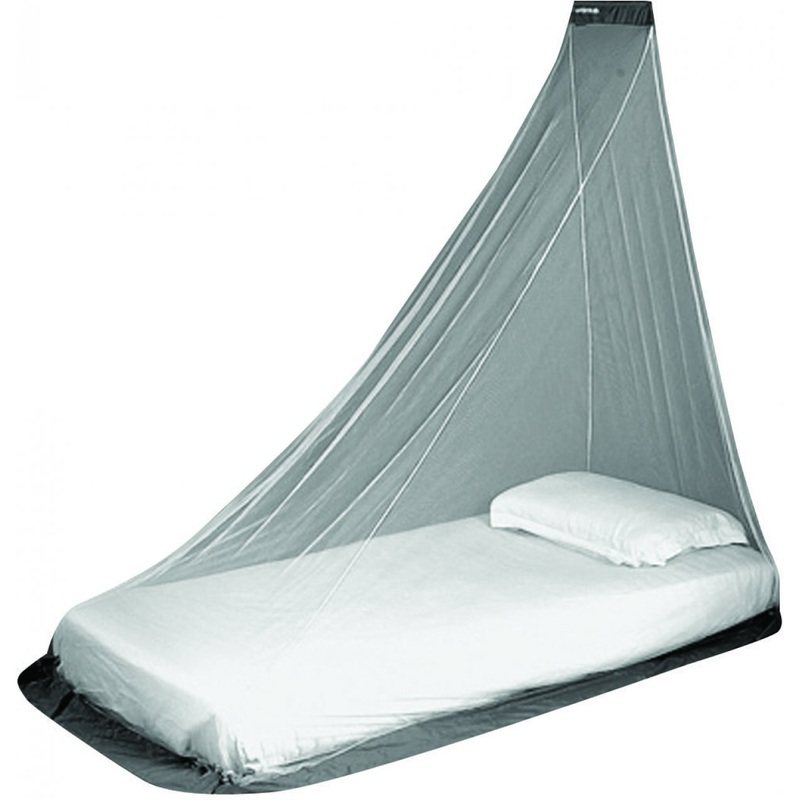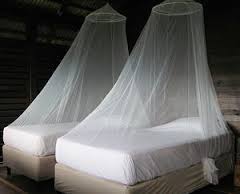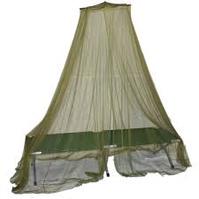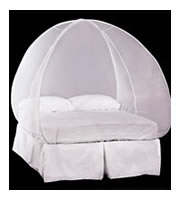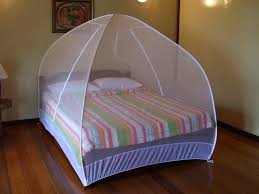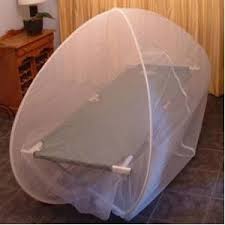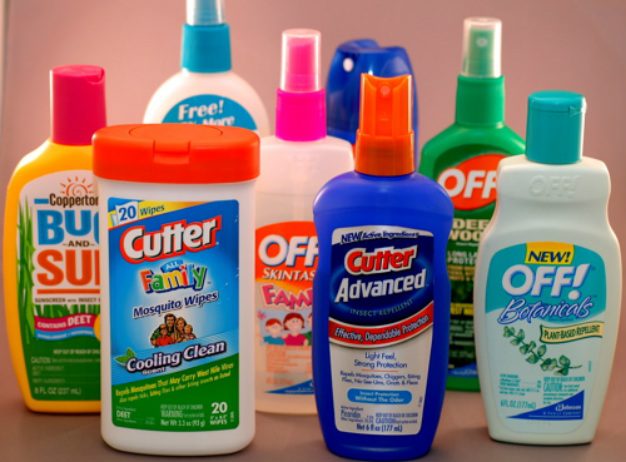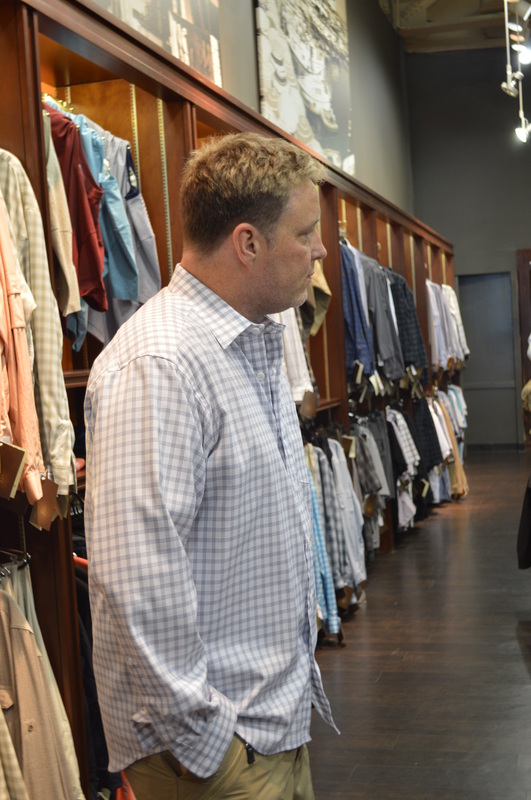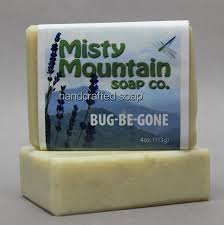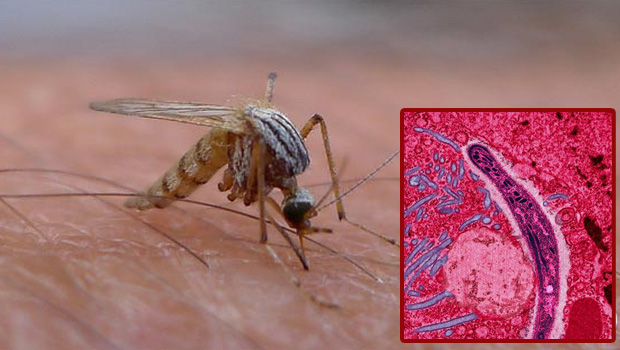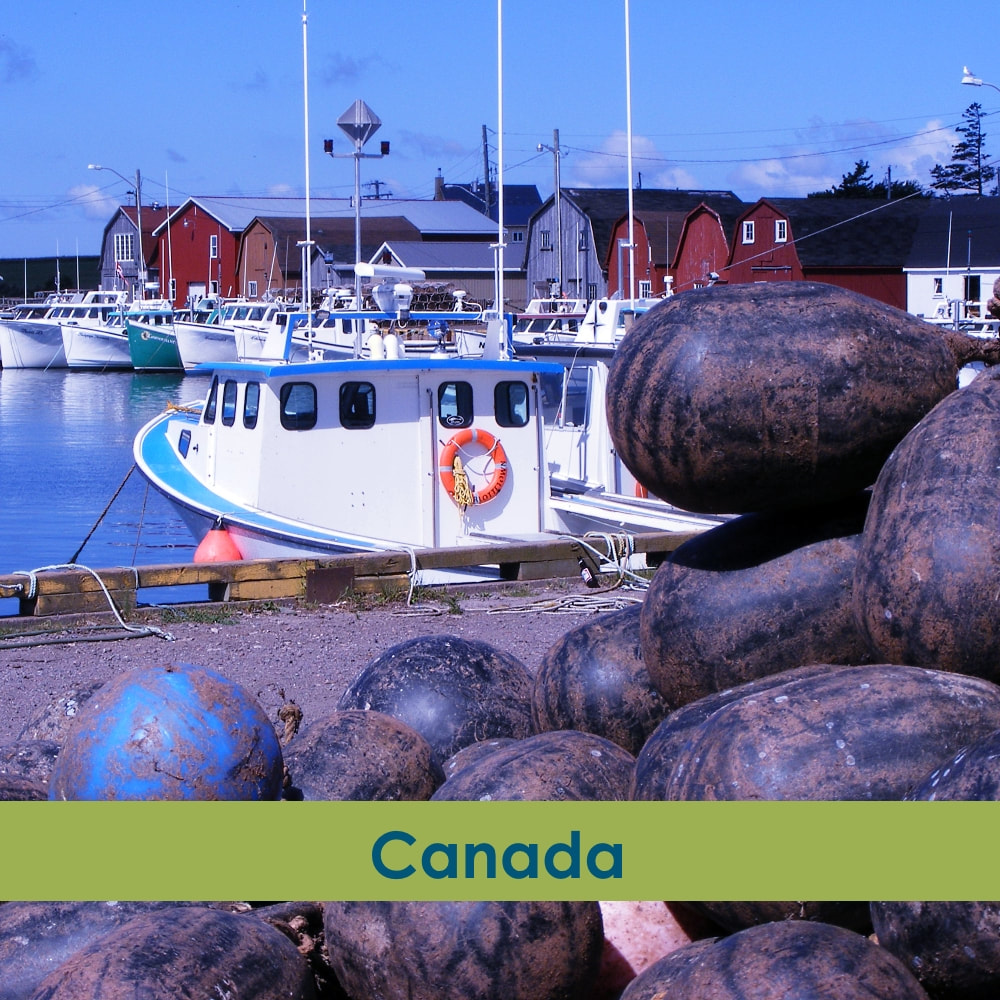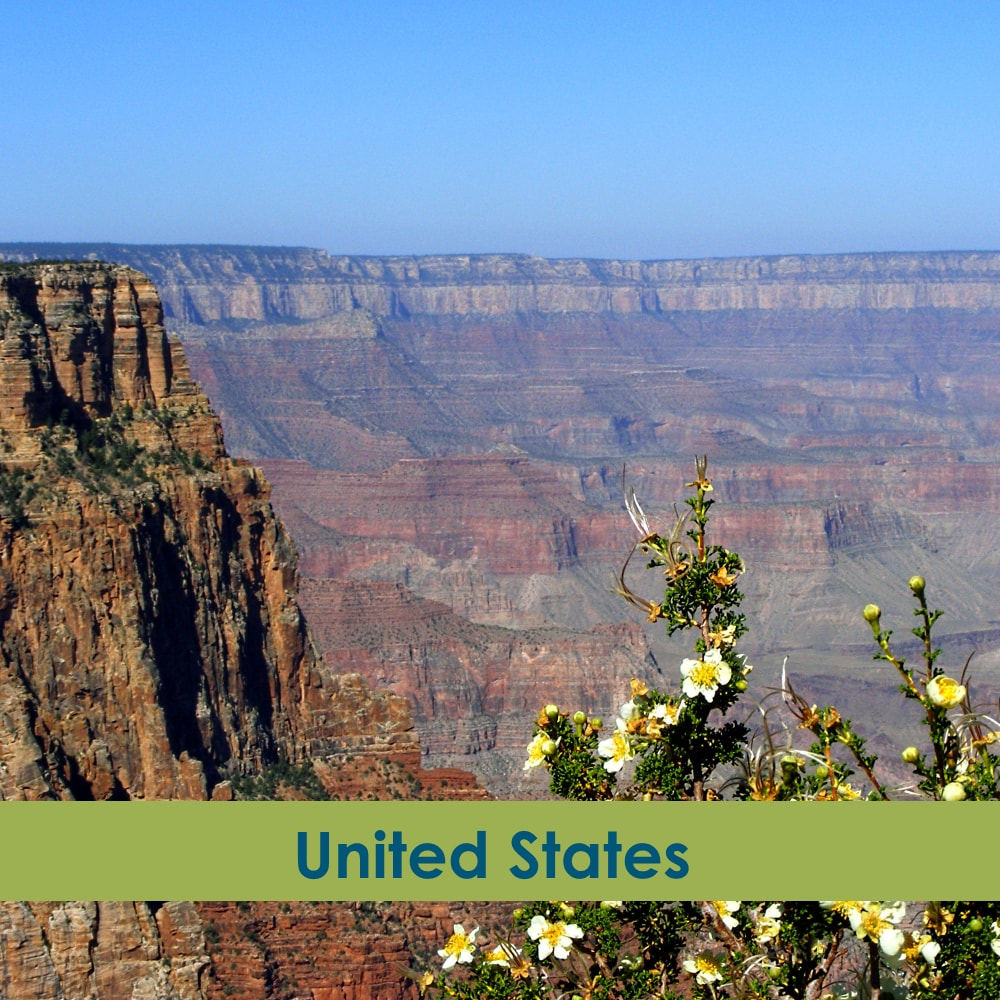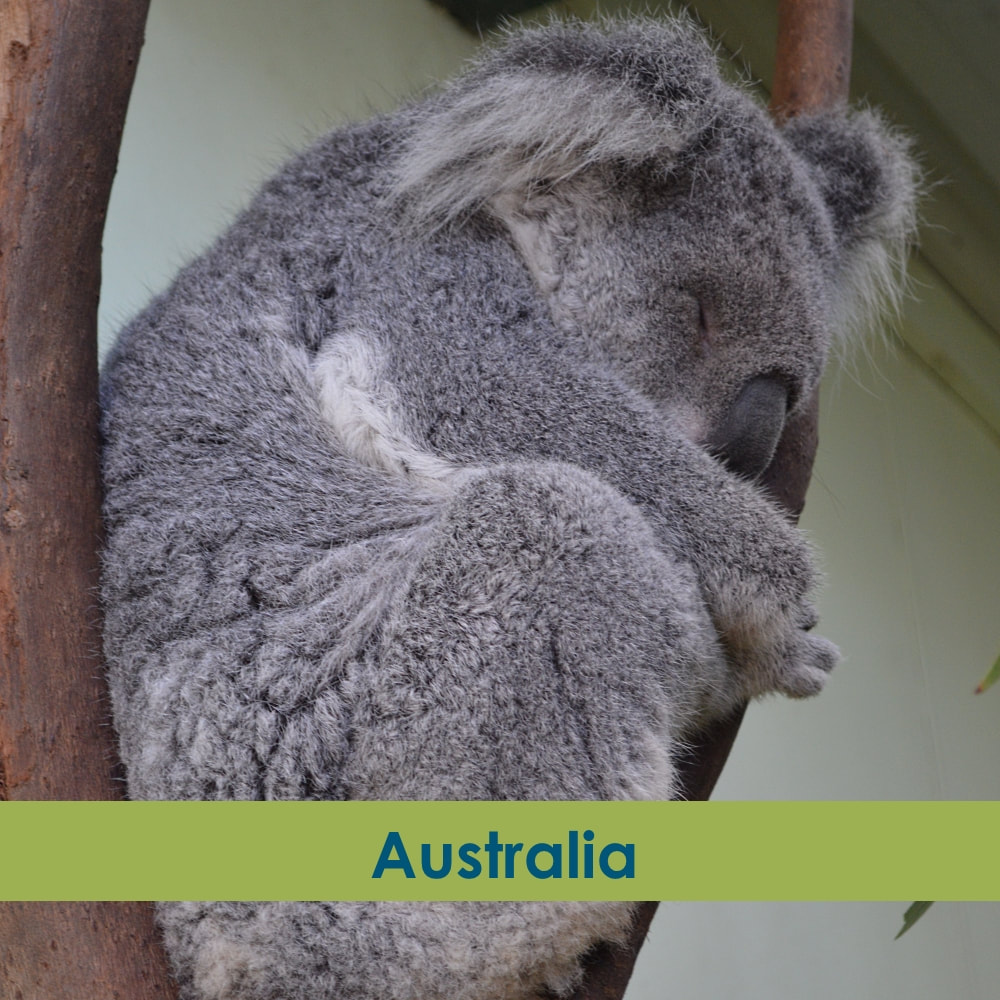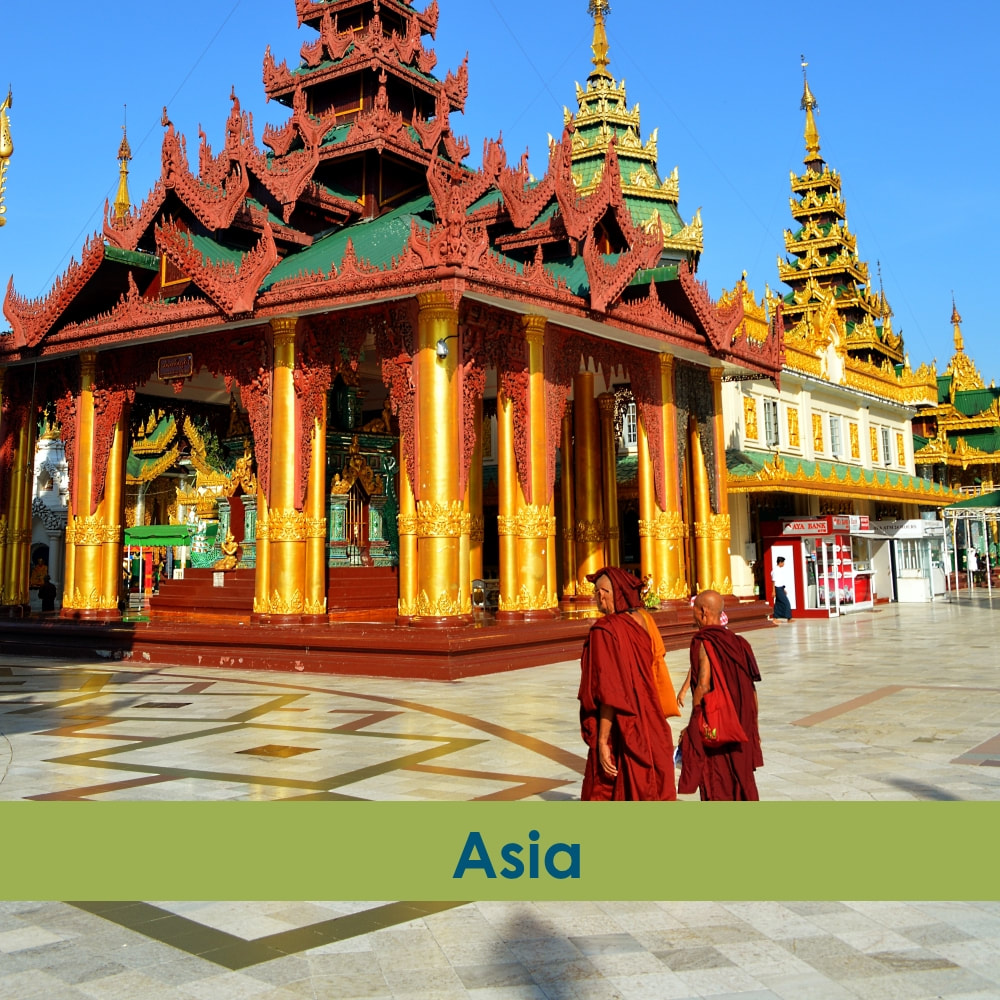Beat the Mosquitoes - And The Bank!
Malaria is the most probable serious illness a traveller will face. It's hard to imagine a worse travel experience than being seriously ill with malaria when you are far away from home. I'm talking the how-can-I-find-a-doctor-at-3am-in-Cape-Maclear kind of horror that ruins a trip and can even make you fear for your life. This mosquito driven infectious disease, which the World Health Organization estimates affects nearly 220 million people each year, does not discriminate and thousands of travellers are stricken with malaria each year.
Fortunately a traveller can limit their exposure and lessen their risk - but it all comes at a cost. Like many specialty health care items, malaria prevention products, devices, and prescriptions can be very expensive. The information below is NO substitution for a physician's advice, but I've done my best to provide you with the information needed to beat both the mosquitoes AND the bank! Malaria Prevention Medication
There are several anti-malarial medications on the market and choosing the best one depends on where you are going, how long you are travelling, your health history, and even your dosage preference (are you more likely to stick with a daily or weekly pill taking regimen?) The price of these medications varies significantly, so don't hesitate to ask your physician if a different, lower priced drug would be appropriate. The CDC has a great summary of the different medications and their pros and cons here.
Many value minded travellers may consider purchasing their medication overseas in order to save money. This is a great idea in theory but in practice it requires research and due diligence. If you chose to go this route, speak extensively to experienced travellers who know the area well and consider asking your embassy to recommend a certified and reputable clinic. No bargain is worth the risk of fake medication.
It may be tempting to accepted or purchase leftover pills from travelling friends, especially if it's the exact product recommended by your doctor. But this money saving strategy isn't without risk. Even if you were absolutely confident that the medication was unexpired, brand name, and properly stored, it is against the law in most jurisdictions to purchase or even use someone else's prescription and it can be dangerous to travel with unlabeled prescription medication. Think this one through carefully. Mosquitoes Are Bad Bed Mates
Mosquitoes are industrious little devils - while we sleep, they are hard at work draining our blood and spreading disease! A bed net is a necessity in malaria zones. Bed nets are almost always provided in hotels and guest houses, but they frequently have small snags in the fabric. That's why I always travel with my own - I know I'm covered and it takes very little space in my pack.
If you just want a basic back-up net, I recommend a triangular or wedged shaped net. The highest point attaches to the wall above your head and it slopes down to tuck around your feet. (I prop my shoes up in the corners of the bed so the low part of the net doesn't rest against my legs). This design lacks in roominess but it is the lightest and least expensive. Since it does not contain any poles, it can easily be tossed in any bag.
If you are travelling with a partner and sharing a double bed or simply if you want a more spacious net, I recommend a slightly more expensive, central canopy style. The highest point is in the center of the bed and the net surrounds you like a tent. Sometimes these nets will come with umbrella style ribs - a consideration for sloppy packers. Ideally, all bed nets come treated with permethrin insecticide but, if not, you can purchase do-it-yourself treatment kits from many camping and travel supply stores.
What these two designs have in common is that they need an anchor. Most bed nets come with hooks but it doesn't hurt to bring your own. 3M Picturing Hanging Hooks can be used without causing any damage to the walls.
If you are staying in one place for a long time there are a number of pop-up mosquito net "tents" on the market that offer comprehensive protection. These bed nets are the most expensive but they might be a good choice for some travellers who like their design.
DEET-feating Mosquitoes: Bug Repellents Reviewed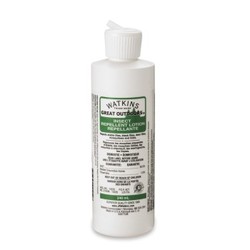 Watkins 28.5% Deet - image courtesy truhardware.ca Watkins 28.5% Deet - image courtesy truhardware.ca
No trip to a malaria zone is complete without a powerful bug repellent. Most travel clinics recommend a lotion or spray that contains DEET. According to MDTravelHealth.com: On average, products containing... 30% DEET last for 6.5 hours, 15% DEET for 5 hours. Controlled release preparations containing 20-35% DEET, such as Ultrathon, may be effective for 8-12 hours or more. Factors such as high temperature, humidity, sweating, and water exposure may reduce the duration of a repellent's effectiveness.
While in Malawi, I used Watkins Insect Repellent (28.5% DEET) and it worked very well for me. While DEET is very effective, it is also a powerful chemical. If this concerns you, speak with your physician about a safe and effective alternative. If you are on a budget and don't have a strong product preference, purchase a small quantity of repellent before your trip and, when it runs out, replace it locally. DEET-based repellents (along with mosquito repelling coils) are widely accessible and relatively affordable in developing countries. Your Anti-Mosquito Wardrobe
In virtually every travel destination, long, loose clothing is the way to go. It's culturally respectful, it's sun-safe, and it's a mosquito's nightmare! Yes, mosquitoes can bite through fabric but it's more difficult for them to do so and covering up adds an extra layer of protection.
Many travel companies and camping supply stores offer specialty clothing that has been treated with permethrin for added protection. Permethrin treated clothing is expensive. I would consider buying it if I was unable to use anti-malarials or DEET or if I genuinely loved the item's look and fit. I wouldn't consider this as my first line of defense nor would I chose clothing that didn't feel and look good just because it's treated. Rumored Remedies: Crafty or Cracked?
Old wives tales or clever natural remedies? Here are some of the alternative remedies I've heard to prevent malaria and deter mosquitoes. While I would never rely on any of these methods on their own, may be worth considering as part of a greater bug-fighting strategy.
Avoiding dark or floral print clothing: Apparently looking like a giant delicious blossom is a mighty temptation for a mosquito, so it's best to stick to non-botanical prints. Avoid floral scents: If looking like a blossom is temptation, then smelling like a fresh garden is absolutely irresistible to the mosquito community! Avoiding heavily scented perfumes and bath products does seem to be a helpful strategy. Many natural cosmetic products sell 'bug-be-gone' soap with ingredients known to repel mosquitoes, such as citrus peels, lavender, peppermint, citronella, and lemongrass.
Rub your body with dryer sheets: If anyone wants to try this, please let me know! I have to admit it sounds bit far fetched. I do always travel with a few dryer sheets but it's for their intended purpose and the nice scent.
Avoid drinking beer: You would have to really, really hate mosquitoes (and beer!) to put this theory to the test! Again, if you have experience with this, please let me know! Eat Garlic (or bananas.....) Garlic and bananas are delicious (when eaten separately!) and excellent for your health - but they do nothing to repel mosquitoes.
Drink Gin and Tonic: I wish! Many a year ago, tonic water was so named because it contained a medicinal tonic within - quinine. Quinine is a natural anti-fever, anti-malarial, anti-inflammatory from the bark of the cinchona tree. Quinine infused tonic water was mixed with gin to improve the taste and was widely used for malarial prevention until the 1940s.
Unfortunately, today's tonic water contains precious little quinine and is completely ineffective as an anti-malarial strategy. According to Malaria Journal: In the United States, the FDA limits the quinine content in tonic water to 83 ppm while the daily therapeutic dose of quinine is in the range of 500–1000 mg, and 10 mg/kg every eight hours for effective malaria prevention (2100 mg daily for a 70 kg adult). Final verdict: Delicious drink, poor medicine. Smoke marijuana: I heard this advice time and time again in Malawi, but I would strongly advise against it. Smoking and possessing marijuana is illegal in virtually every country with a malaria risk and the anti-malarial properties are dubious at best. Vitamin B12 shots: I highly suspect my mother made this up to convince my youthful self to accept injections with little fuss. Any pre-travel bloodwork should include a B12 check for general good health, but unfortunately high B12 blood levels don't repel mosquitoes. Final Thoughts
There's a lot of things I'm willing to cut corners on to save money when I travel, but health and safety should never be compromised. The cost of emergency medical treatment or a cancelled trip is more expensive than preventative care. I hope by providing this information that readers will be empowered to do more extensive research, find the solutions that work best for them, and get the best possible value for their money.
There are many excellent charitable organizations dedicated to fighting malaria in developing countries. Spread the Net has delivered over 2.5 million bed nets and counting as part of malaria prevention and reduction efforts in Africa. If you enjoyed this article, you'll also like: How Much Will My Trip Cost? The Ultimate Travel Budget Breakdown Coping With Tricky Hormones When Travelling Crabtown Crackdown: Hampton for Shellfish Allergy Sufferers Nice wrap up! I live in Costa Rica where mosquitoes are everywhere but malaria is not a big problem in Costa Rica, dengue fever is. There was around 8 cases in 2012 for malaria compared to thousands of dengue fever. So please be aware that you don't need to take malaria pills if you come to Costa Rica but you still need to protect yourself because dengue is terrible here. I found that 30% DEET spray doesn't work for me at all but I use Jungle Juice which is around 98% and it is magic! You just need to use a little bit and it lasts for a really long time.
Vanessa
2/7/2014 04:51:45 am
EXCELLENT point - malaria is just the tip of the iceberg when it comes to all the horrible illnesses mosquitoes can spread. There's never a benefit to inviting mosquitoes to bite you - so take precautions! 3/7/2014 09:17:43 am
Very helpful. I wouldn't have thought to travel with my own bed net. Mosquito are a huge pest, one we really haven't had to deal with too much here in Colorado - minus this bug season...
Vanessa
3/7/2014 10:14:28 am
Mosquitoes are in full force this summer for us in Ottawa as well.... utter annoyance! 4/7/2014 12:02:26 am
I have health insurance so I never really thought about the cost of the pills because they were totally paid for when I took them for our trip to India. Yikes $5/pill ! I had no idea. Great article for alternative ways to be protected.
Vanessa
4/7/2014 02:10:08 am
Thanks Mary! Glad you liked the article and glad you stayed malaria free in India! 4/7/2014 01:45:38 am
Great blog post Vanessa and so detailed! Very handy as I'm prepping for the Florida heat but also fighting the attack of mosquitoes in London at the moment!
Vanessa
4/7/2014 03:08:18 am
Mosquitoes in London? What is the world coming to?!?!
Albert
7/7/2014 02:23:41 am
Hi all,
Vanessa
7/7/2014 05:21:48 am
You're on the right track. According to DrWiseTravel.com: "Antimalarial medications do not prevent infection with the malaria parasite, rather, they suppress the symptoms of the infection by killing the parasites either in the liver or as they leave the liver and enter the bloodstream." 13/7/2014 04:24:56 pm
Excellent post Vanessa, and my readers would be very interested in this. Malaria is a very real problem in India, though I know of very few travellers who've contracted it. Nevertheless, it is wise to be cautious. I also travel with Watkins cream and Malarone. I used to carry a portable mosquito net, but never used it.
Vanessa
21/7/2014 03:20:34 am
Thank you so much Mariellen!!! Malaria is such a social, economic, and health crisis in so many places in the world. I'm always worried when people say "oh, it's just like catching a cold" - try telling that to the millions of Indians who's lives are effected by it!!!
Vanessa
28/7/2014 01:24:47 am
Thanks Phil!! I'm so glad you enjoyed it and thank you for including it on your next web round up. Comments are closed.
|
�
Recent Posts
Posts by Location
Post Categories
All
Posts by Date
June 2024
|
Disclaimers, Privacy, and Cookie Policy |
Top 100 Travel Influencer
As named by the Obama White House in 2014. |
© COPYRIGHT 2024. ALL RIGHTS RESERVED.
|

